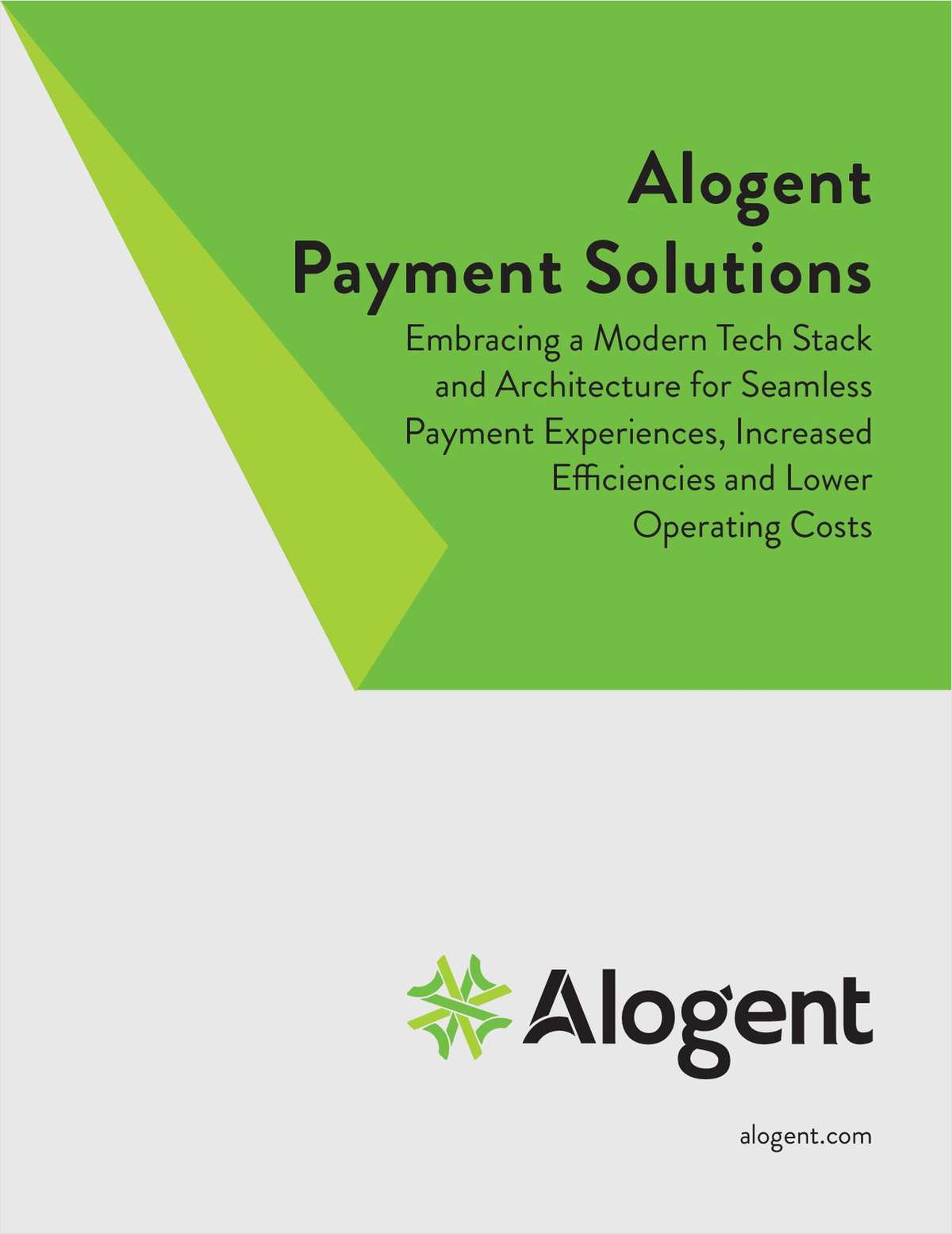LATHAM, N.Y. – Arguing that the Prompt Corrective Action system, enacted with H.R. 1151, unfairly penalizes credit unions by giving them all the same capital risk profile and works to the detriment of members, the New York State Credit Union League is kicking its efforts up a notch to convince Congress to change the present capital requirements for federally insured credit unions. The League's Board of Directors last month adopted a legislative `top priority initiative' to replace the "one size fits all" regulation of PCA with a new risk-based measurement system for regulatory capital. "Credit unions are almost forced to be over capitalized and tie up valuable capital that could be going towards member services," said NYSCUL President/CEO William Mellin. "If the only way credit unions can build capital is through retained earnings, then something's got to give, and that's typically been member services," he added. Mellin said changing the capital requirements for federally insured credit unions has always been an issue and a point of discussion New York State credit unions and League representatives have brought with them on their Hike the Hill visits, but Mellin said the growth in size of credit unions' share accounts has forced some credit unions to begin looking at their capital from an adequately capitalized versus a well capitalized perspective "PCA, on a system-wide basis, forces credit unions to trim excess capital and limit their membership growth. As a system, we've grown tremendously in capital, but some credit unions are seeing their capital shrink, and those are the ones that are impacted the most by PCA," said Mellin. The League president called PCA "a flawed regulation. More power and flexibility needs to be given to the regulator the way it was before H.R. 1151. "Credit unions are in a risk business, but under PCA, all their risk is counted the same. Government-backed securities have the same risk as unsecured investments or loans," Mellin added. Mellin cited three advantages of using risk-based capital: it is commonly used throughout the financial services industry and, except for credit unions, is used to regulate all other government-insured financials; unlike secondary capital, the use of risk-based capital wouldn't require credit unions to solicit funds from outside the credit unions; a risk-based approach to capital would provide a timelier prognosis on the future condition of credit unions and consequently allow for more protection to the National Credit Union Share Insurance Fund. "Banking regulators aren't handcuffed by specific pieces of legislation when they determine the financial health of banks, why should credit union regulators?" Mellin asked. Even if federally-insured credit unions are allowed to count secondary capital and thereby increase their regulatory capital position, Mellin said that "doesn't address the fact that all credit unions' capital is still being counted under a `one size fits all' formula." The New York State Credit Union League plans to work with CUNA, other state leagues and other system players such as corporates to identify the specifics of a credit union risk-based approach to regulatory capital. It says it will lobby Congress and "educate our elected leaders and regulators for adoption of this needed change." Mellin pointed out that New York State has 10 members of Congress on the House Financial Services Committee, and "we want to be proactive in getting the credit union system focused on that fact." In discussions he and other New York State Credit Union League and credit union officials have had with Committee members, Mellin said their response as "been positive. They want us to give them specifics about what we're looking for and for us to define what we think the parameters should be." Mellin has also met with NCUA Chairman Dennis Dollar to discuss the issue and said the agency, while "trying to remain neutral, is also more supportive of their role as federal regulator to push for change" (See related story page 4.) In the coming months, the League's focus will be on educating elected officials and regulators on the need to address the PCA issue and push for change. That's where our emphasis needs to be, said Mellin. -
Complete your profile to continue reading and get FREE access to CUTimes.com, part of your ALM digital membership.
Your access to unlimited CUTimes.com content isn’t changing.
Once you are an ALM digital member, you’ll receive:
- Breaking credit union news and analysis, on-site and via our newsletters and custom alerts
- Weekly Shared Accounts podcast featuring exclusive interviews with industry leaders
- Educational webcasts, white papers, and ebooks from industry thought leaders
- Critical coverage of the commercial real estate and financial advisory markets on our other ALM sites, GlobeSt.com and ThinkAdvisor.com
Already have an account? Sign In Now
© 2024 ALM Global, LLC, All Rights Reserved. Request academic re-use from www.copyright.com. All other uses, submit a request to [email protected]. For more information visit Asset & Logo Licensing.








